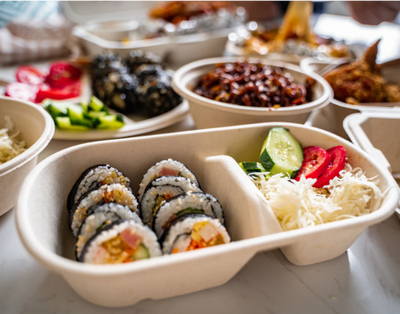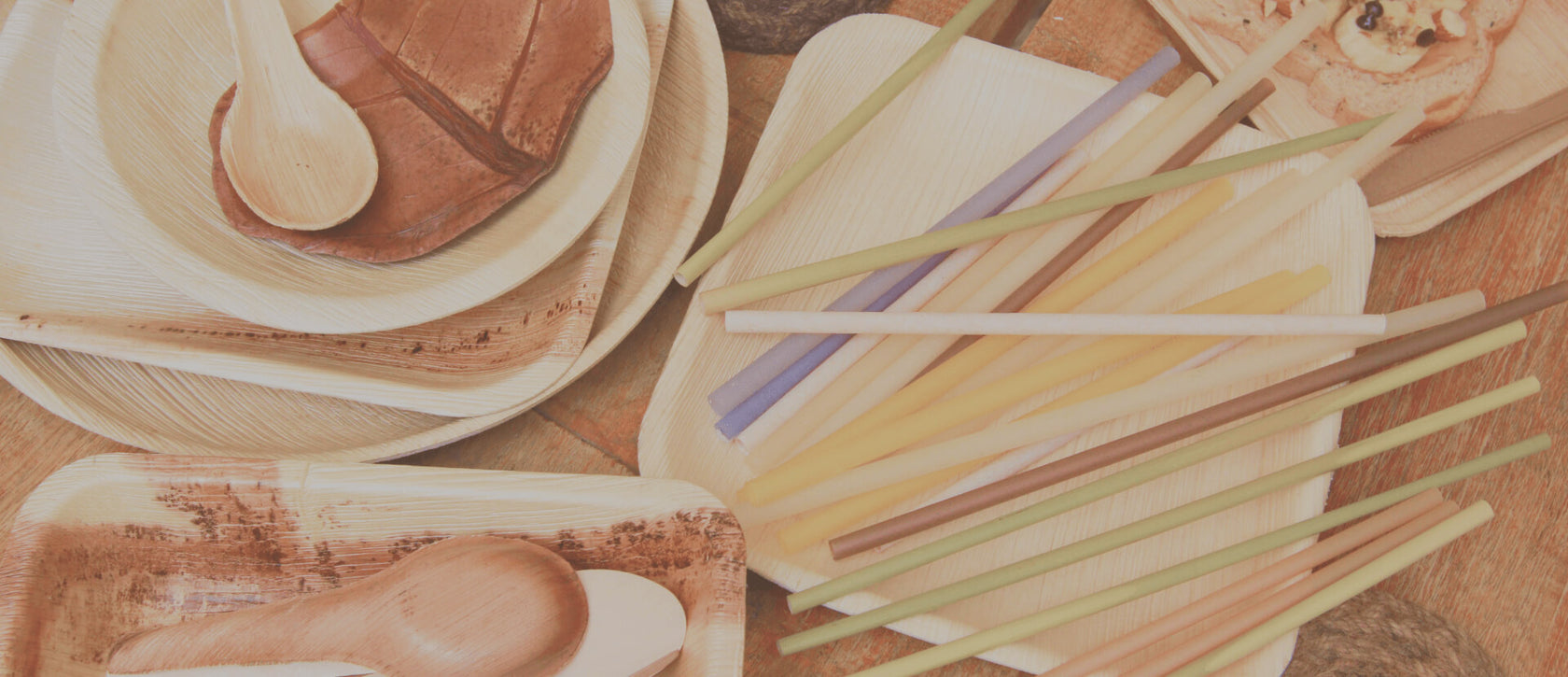Think about the sheer volume of single-use plastic cutlery that is consumed worldwide every minute—from food trucks to catered events. These flimsy forks and knives are used for less than ten minutes, yet they persist in our environment for hundreds of years. The shift away from this model is non-negotiable, and the solution is coming from an unexpected, yet revolutionary, source: sugarcane.
Sugarcane fiber, or bagasse, is the fibrous residue left behind after the stalks have been crushed to extract their juice. Historically, this material was treated as a waste product—often burned or sent to landfills. Today, it represents one of the most exciting advancements in the sustainable food packaging sector. It is the perfect example of upcycling a massive agricultural byproduct into a high-performance material that directly replaces plastic.
The Lifecycle of a Sugarcane Utensil
The environmental superiority of sugarcane utensils lies in their entire lifecycle, offering benefits that start from the field and end with the compost bin.

1. Sourcing from Waste Since sugarcane fiber is a byproduct, its use does not require new land to be cultivated or trees to be cut down. We are simply taking what would have been waste and giving it a higher purpose. This drastically reduces the environmental footprint compared to virgin materials.
2. A Renewable and Fast-Growing Resource Sugarcane is one of the fastest-growing plants on earth, often harvested multiple times a year. This makes it an incredibly renewable resource, contrasting sharply with petroleum-based plastic, which relies on finite fossil fuels.
3. Superior Performance Sugarcane fiber boasts a naturally strong, fibrous structure. This inherent strength means sugarcane utensils are robust, holding up to hot and oily foods far better than traditional bioplastics or flimsy wood alternatives. They don't splinter, they don't get soggy, and they maintain their shape—essential features for any practical eating experience.
4. The Compostable Conclusion Like all truly eco friendly products, the end of life is where sugarcane shines. These utensils are designed to be commercially compostable, breaking down into organic, nutrient-rich soil within months in the right facility. This ensures a closed-loop system, where the waste from one process (sugar production) is used to create a product that can then nourish the earth.
EQUO’s Sugarcane Utensils: Performance Without the Plastic
At EQUO, we focus on making the sustainable choice the easy choice. Our sugarcane utensils offer the convenience of single-use without the pollution. Whether you are a catering company looking for a sustainable solution or an individual packing a lunchbox, these utensils offer genuine, guilt-free performance.

-
Reliability: The natural strength of the sugarcane fiber ensures your fork or knife won't snap mid-meal. They are built to withstand real-world use.
-
Purity: They are completely food-safe and free from harmful chemicals often found in some plastic products. You can indulge in your favorite meals knowing the only thing you're tasting is your food.
-
Style: With their clean, natural aesthetic, they elevate the look of any meal, reinforcing a brand image that cares deeply about the planet.
By making the simple switch to plant-based sugarcane utensils, you are directly investing in a waste-to-resource model, proving that convenience and sustainability can, and must, coexist in the future of sustainable food packaging.


